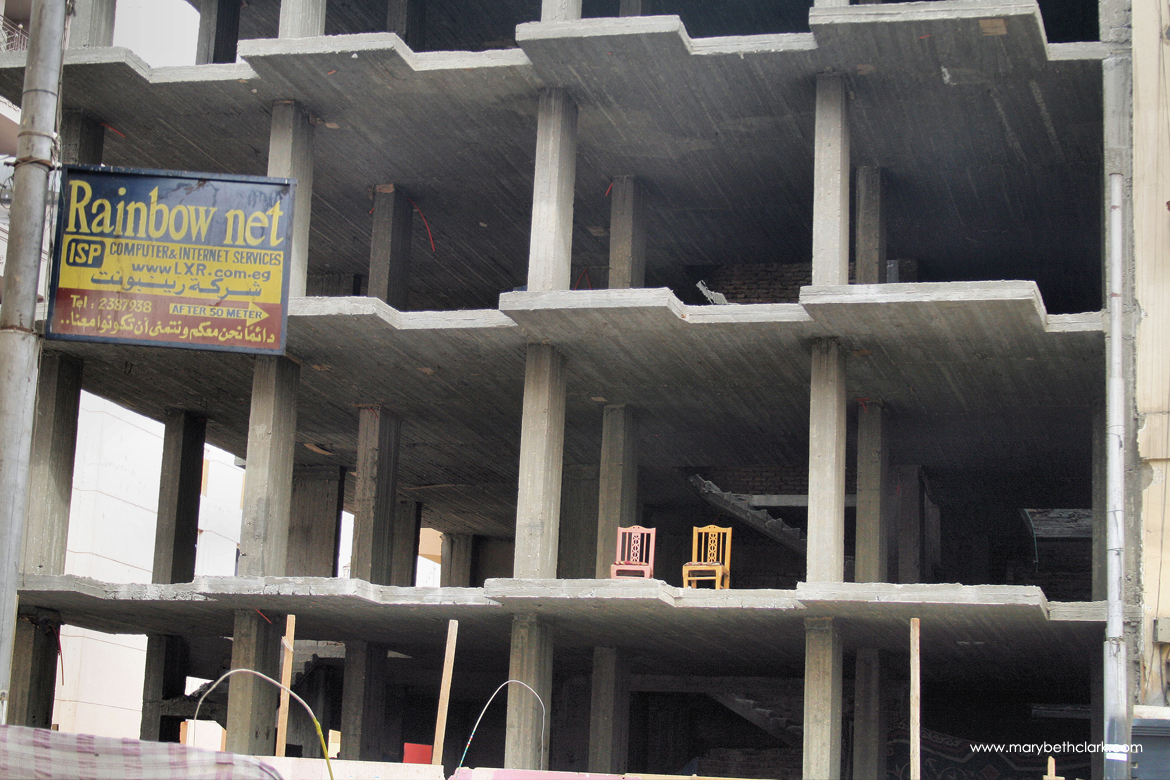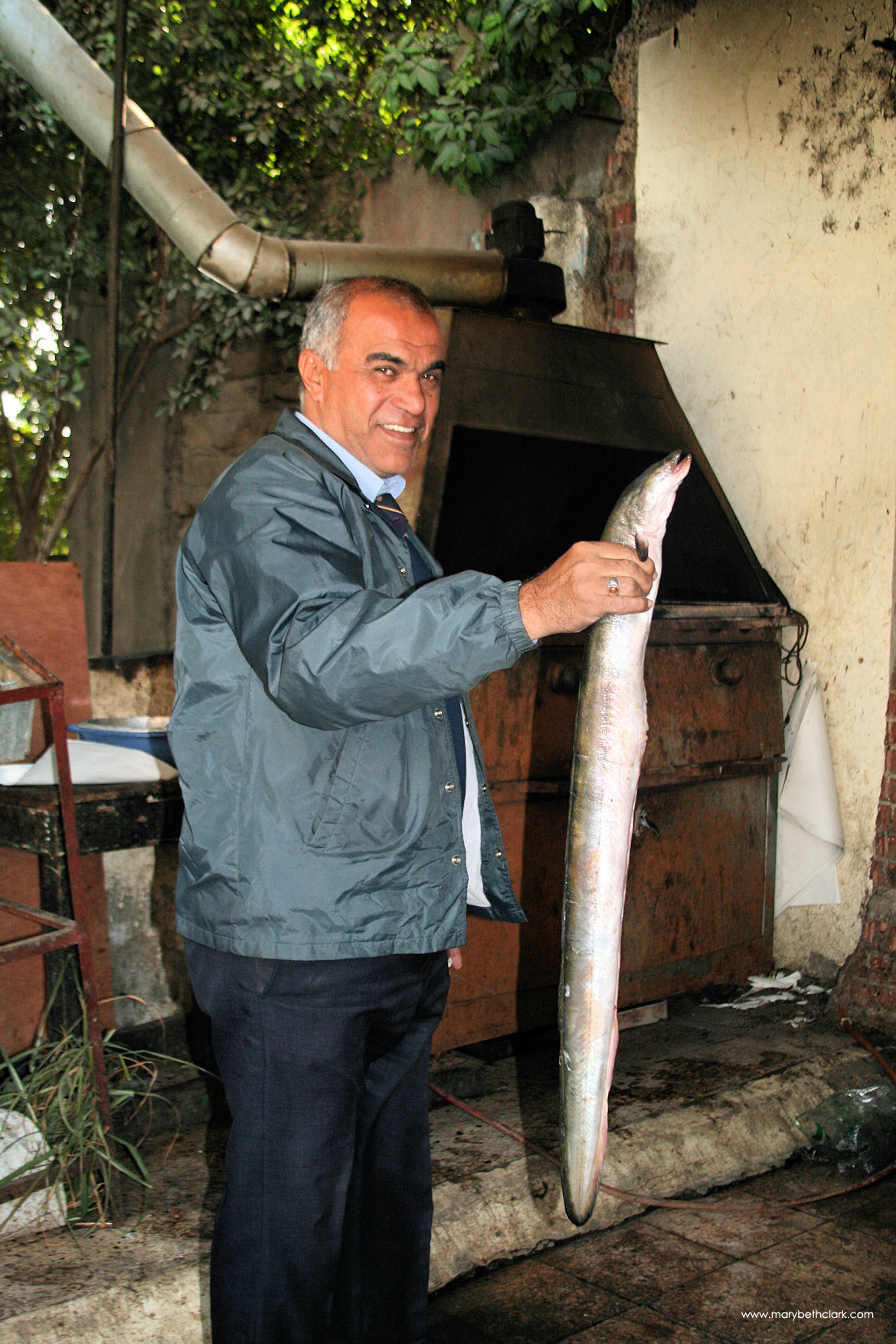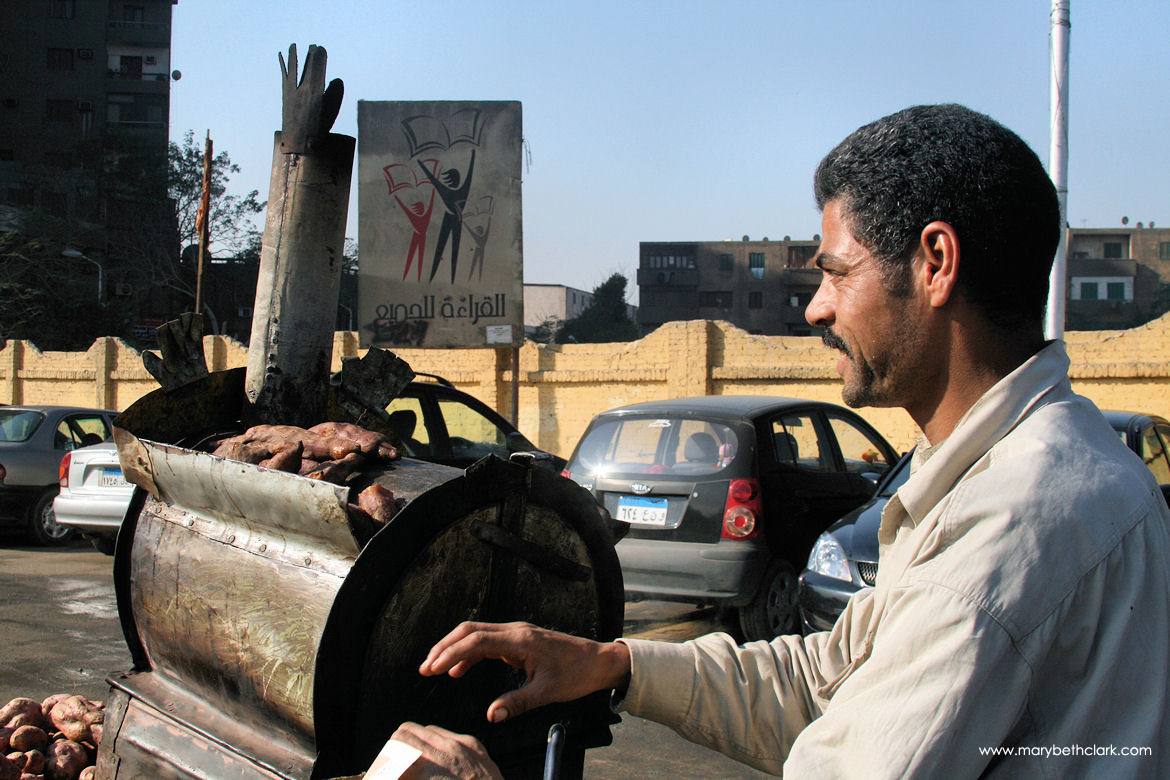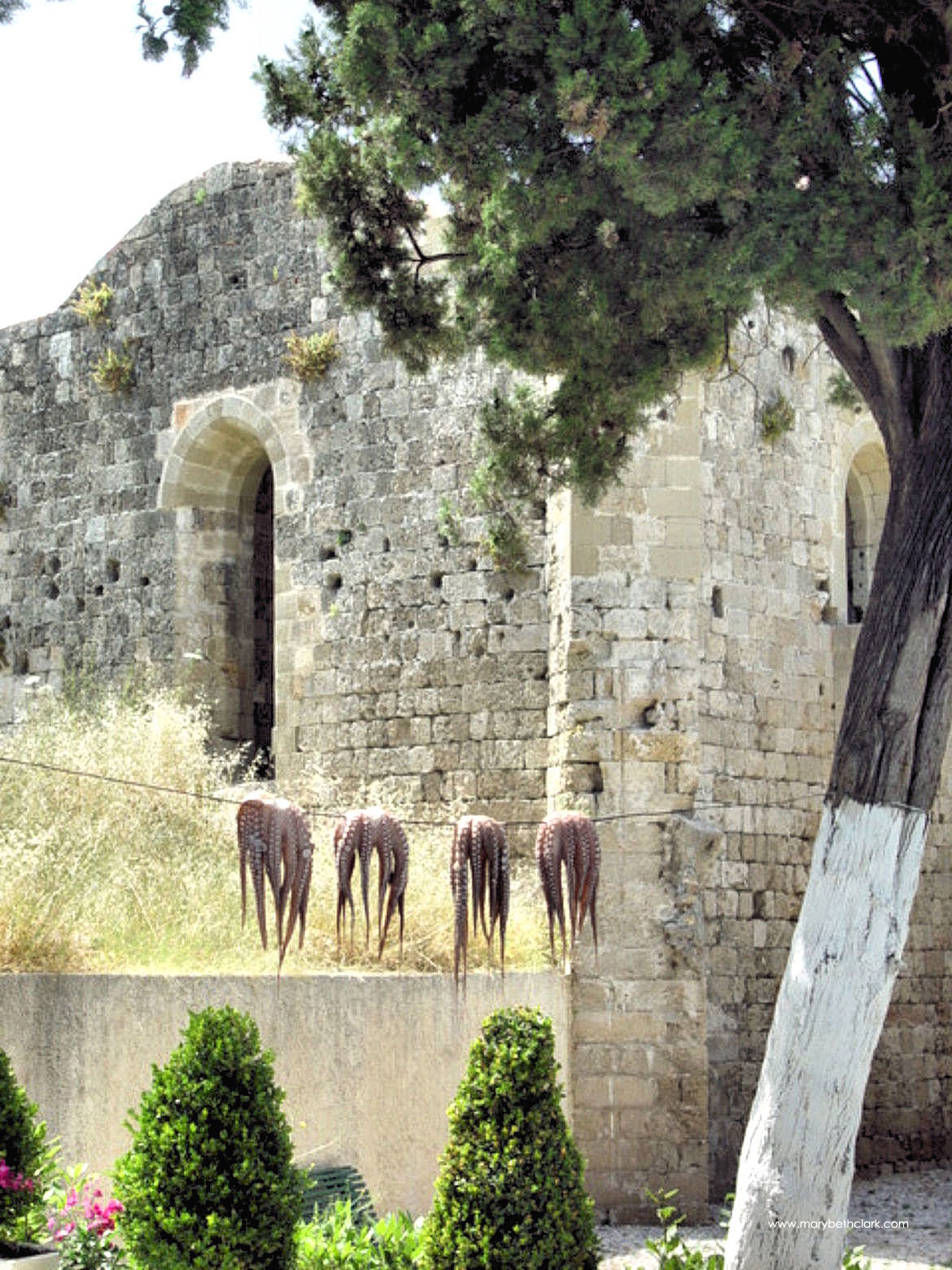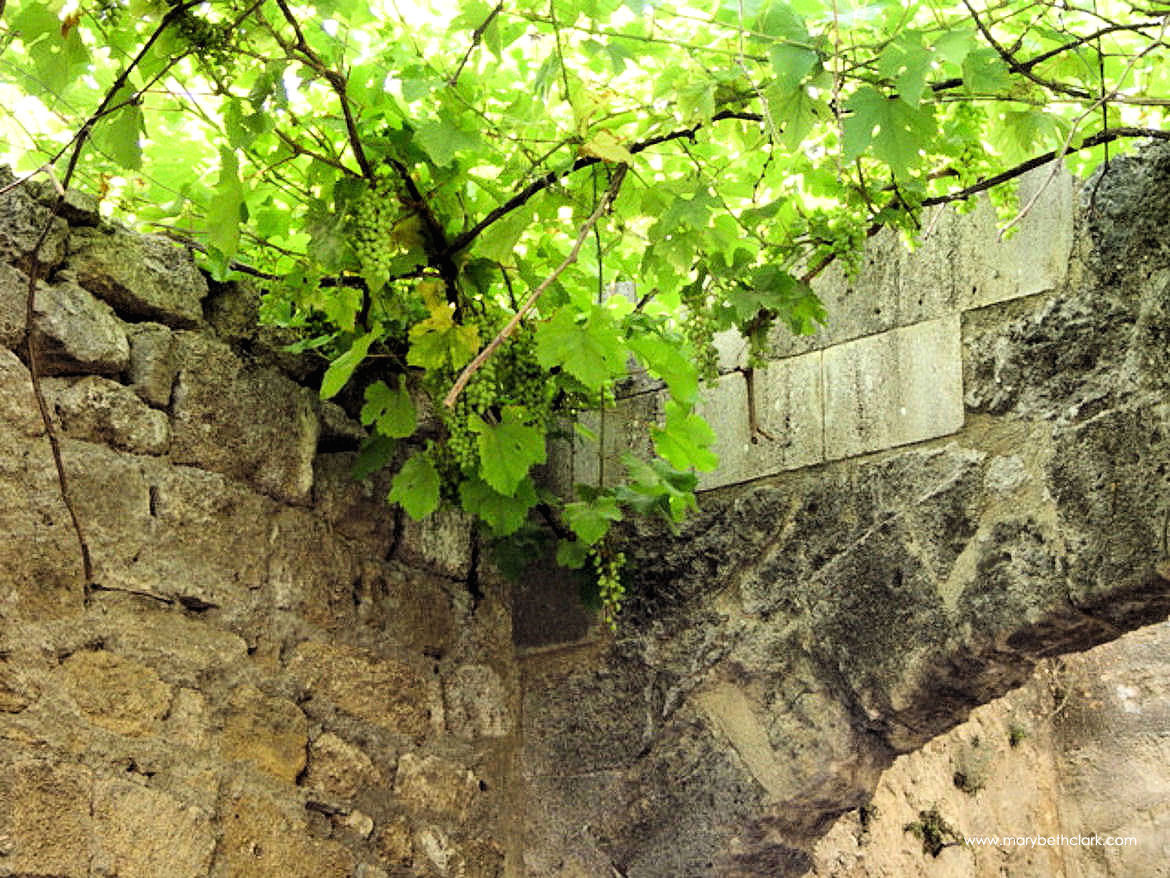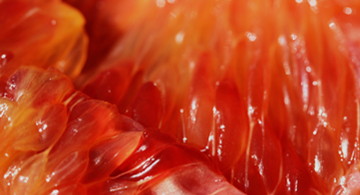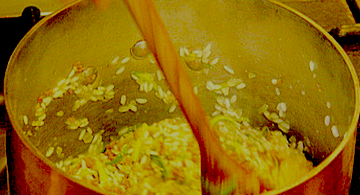The ancient Agora of Athens is an archeological site beneath the northwest slope of the Acropolis. Located in the heart of the city, it was Athen's center of artistic, commercial, religious, and political life, and where ancient Greek democracy came into being. It was also home to many artisans in tribute to Hephaestus and Athena Ergane.
Hephaestus, Greek god of volcanoes and metal-working, was the Olympian god who was physically imperfect. Being lame, he performed manual labor as a blacksmith. He was credited with being responsible for producing the metal armor worn by Achilles in The Illiad. Several metal-working shops were located around the Temple of Hephaestus befitting the Greek god who was the patron god of metal-working, craftmanship, and fire.
Athena Ergane is the Greek goddess of wisdom, war, and heroic endeavers. She is depicted as being of calm-temperament, slow to anger, a fighter of just causes. Disliking fighting, she preferred using intuition and wisdom to settle conflicts rather than using anger and violence. As patron goddess of artisans, weavers, and pottery-makers, numerous potters' and artisan workshops were located in the agora.
